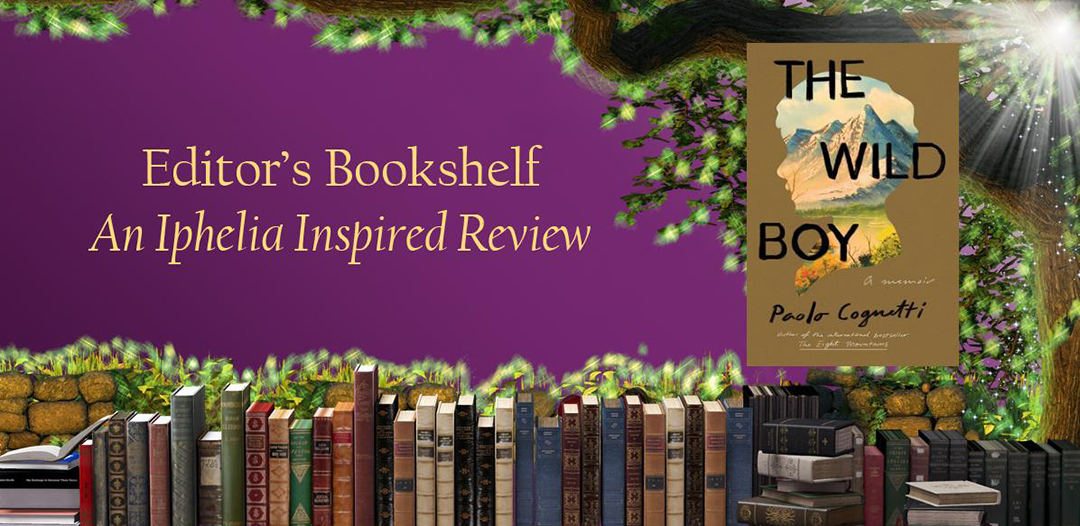
I started this book after returning from a week in Mexico—a week spent almost entirely outside save sleeping hours. From wandering the native mangroves and dodging sargassum in the ocean to climbing one of the ancient Mayan pyramids at Coba during a light drizzle, there was a lot of sun, a lot of sweating, and very little time spent sucked into a screen or fussing in the mirror.
I returned home knowing that I need more time outside, every day, screen-free. Of course, committing to that and sinking into The Wild Boy at the same time represented a sweet synchronicity.
Riviera Maya is a far cry from the alpine settlements Italian editor Paolo Cognetti describes in a book that’s part travelogue and part walking meditation. Each chapter includes more astute snapshots of nature and mountain life, plus evidence of the author’s maturing awareness of the feeling dimension of his life, without “all the feels” being made anyone else’s problem. They just are. There isn’t a crisis to be mitigated or an agenda to stick to. This isn’t self-help. It’s almost-off-the-grid mountain living.
Cognetti meets hares, goats, and dogs, watches cows and cowherds come and go, tromps through the snow, does some climbing, eats, drinks wine, and befriends a few people without getting enmeshed in any of their stories. A chapter is dedicated to his strained relationship with his father (who can’t relate?), but there’s no blaming or sweeping cultural critique of the dynamic at hand. His father comes and goes. The mountain remains.
My favorite thing about reading this book is that it marked a new chapter in my own life: one in which I can enjoy a book about nature. The me who loved every page of The Wild Boy is healthier, calmer, and more accepting of her introversion than the me who couldn’t wait to get her hands on Notes on a Nervous Planet (also a great book, but one that carries a very different energy). I realize that I flew through the nature books of my school days on autopilot because codependency meant I had very limited attention for content about anything other than people and their problems.
Reading The Wild Boy felt like reading Jung’s ruminations on his time at Bollingen in Memories, Dreams, Reflections. It’s obvious that the writer’s connection to the land is allowing a soul project to unfold. It’s a reminder that if we will leave “high” technology on the charging station (Cognetti does have electricity and gas, at least until the end) and get outside for even a few hours, nature might ignite a spark in us that we’ve been desperately, but obliviously, waiting for. It’s also a reminder that being alone can be a gift rather than the punishment dominant culture makes it out to be.
The Wild Boy will interest the reader who’s captivated by nature, or missing it. Lovers of prose poetry will also find Cognetti’s work, translated by Erica Segre and Simon Carnell (who I bow to for linguistic efforts beyond what I can even imagine!), deep and refreshing.
Editor’s Bookshelf is a regular review of soon-to-be-released books that, in the spirit of Iphelia, asks important questions about how the written word—and in some cases, imagery—are used to help readers reconnect with their feelings, themselves, each other, and the world around them.
Iphelia’s editor, Linsey Stevens, answers these questions—chiming in on who will be most captivated by each book’s contents and how it invites readers to return to a heart-centered way of being.
The Wild Boy by Paolo Cognetti will be available on July 2, 2019, from Atria Books. For more on Iphelia: Awakening the Gift of Feeling, visit our book page.

